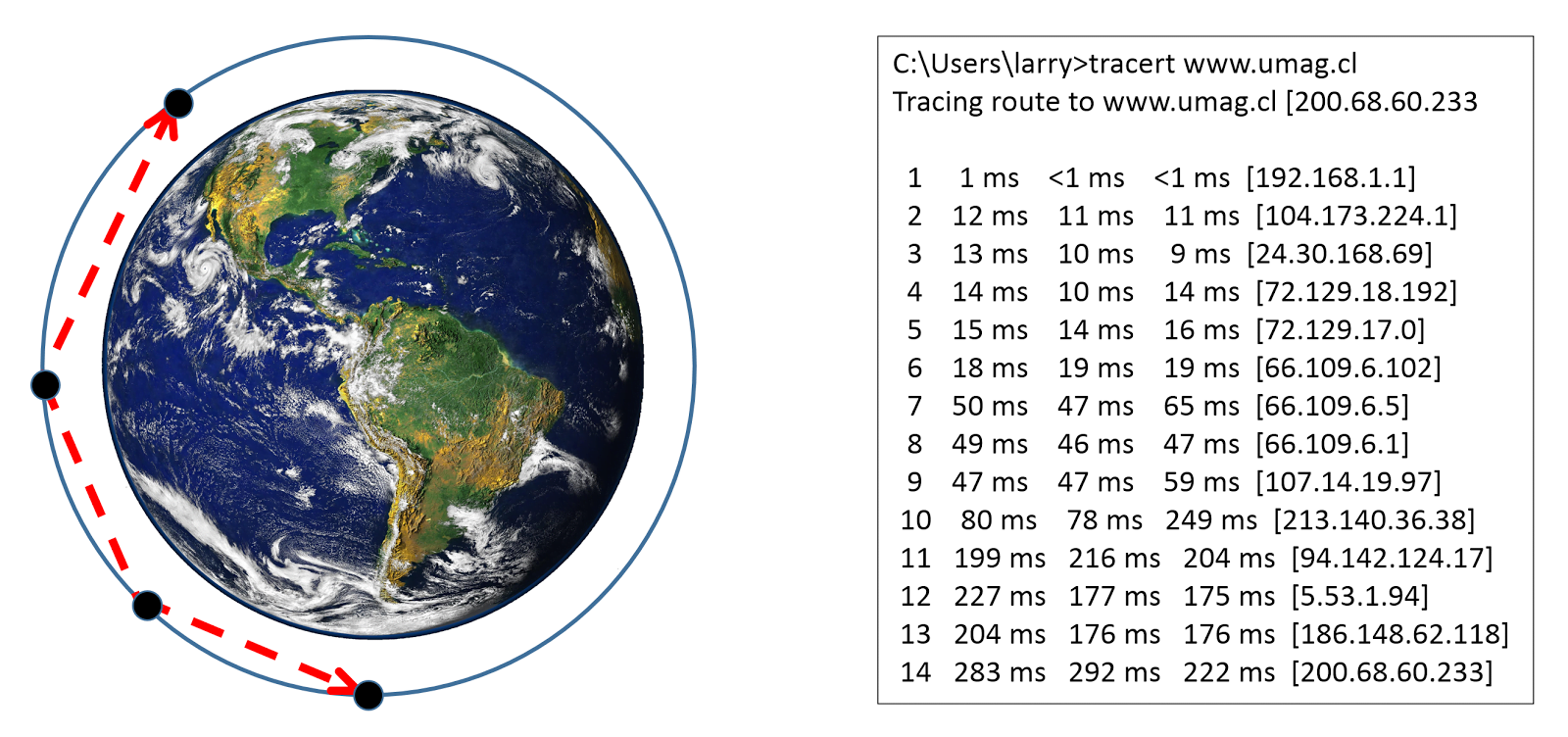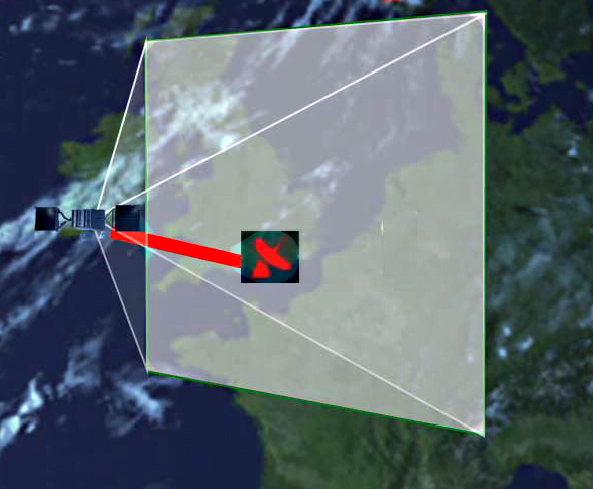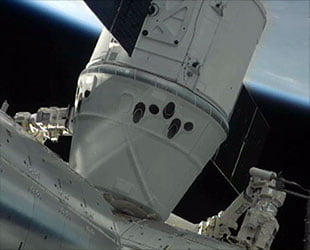Satellite Internet
There are many areas of the world where Internet services are not readily accessible. One of the ideas for providing poorly services areas with Internet was Google’s Project Loon which used high altitude balloons.
But there are also Satellite Internet contenders. Theses were nicely covered by recent blogs at CIS 471 and I’ve picked out some essential bits of information.
Boeing
The image above shows Boeing‘s plans to cover the earth with 2956 satellites. You can read more at Boeing’s satellite Internet project.
SpaceX
The next company is SpaceX who are also involved in rocket and satellite design. They are looking at 4425 satellites in low earth orbit.
SpaceX believe that they can speed up Internet Back Haul by reducing the number of router hops required. The example above shows five space hops (including up and down) replacing 14 conventional hops. You can read more at SpaceX satellite Internet project status update.
OneWeb
And OneWeb are looking to provide Global Internet access, especially to the developing world.
They plan to use beam steerable techniques to allow frequency reuse and clean hand off as the satellites move overhead. And at seriously fast data rates.
What I found very encouraging is the degree to which Boeing, SpaceX and OneWeb are collaborating and cooperating in order to make sure that they can coexist and all provide effective services. This included adjusting planned orbital heights and frequency usage.
So great to see another example of just how much Collaboration can enable opportunities, even when the collaborators look like competitors.
Successful Endeavours specialise in Electronics Design and Embedded Software Development, focusing on products that are intended to be Made In Australia. Ray Keefe has developed market leading electronics products in Australia for more than 30 years. This post is Copyright © 2017 Successful Endeavours Pty Ltd.








